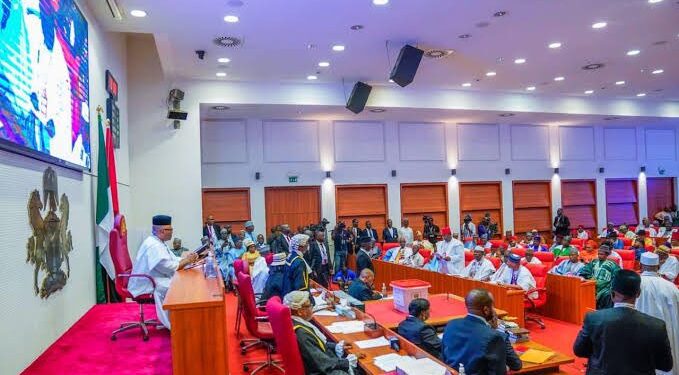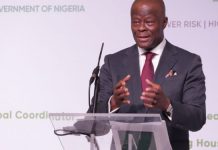The Senate conducts a two-day public hearing on proposed tax reform bills, engaging key stakeholders to refine policies aimed at strengthening Nigeria’s tax system and boosting revenue generation.
The hearing takes place at the National Assembly, with participation from top government officials and industry leaders, including Finance Minister Wale Edun, Federal Inland Revenue Service (FIRS) Chairman Zacch Adedeji, Nigerian National Petroleum Company Limited (NNPCL) CEO Mele Kyari, and Comptroller General of Customs Adewale Adeniyi. Members of the Federal Executive Council and heads of key agencies also contribute to discussions.
Chairman of the Senate Committee on Finance, Senator Sani Musa, assures that the process remains transparent and in the national interest. The proposed reforms seek to modernize tax laws, enhance efficiency, promote fairness, and eliminate loopholes that hinder compliance and revenue collection.
Key Focus Areas
The hearing examines pressing taxation issues, including:
- Curbing tax evasion and revenue losses
- Resolving double taxation concerns for businesses and individuals
- Addressing policy inconsistencies that create uncertainty for investors
The Senate aims to develop a business-friendly tax structure that increases government revenue while fostering economic growth and investor confidence.
Senator Musa urges participation from private sector representatives, civil society groups, and the public, stressing that broad input is crucial in shaping effective tax policies.
Background and Previous Controversies
In December 2024, the Senate paused action on the tax reform bills due to widespread opposition. A special committee was later formed to work with the executive branch to resolve contentious issues before proceeding.
The proposed reforms, including the Joint Revenue Board of Nigeria Bill, Nigeria Revenue Service Bill, and Nigeria Tax Bill (2024), have sparked debates, with some regional leaders rejecting them over governance concerns. The National Economic Council previously called for wider consultations before further legislative action.
This public hearing signals a renewed effort to reshape Nigeria’s tax policies through stakeholder engagement, ensuring reforms support economic sustainability and national development.













